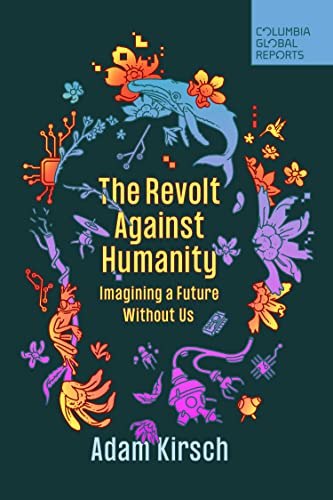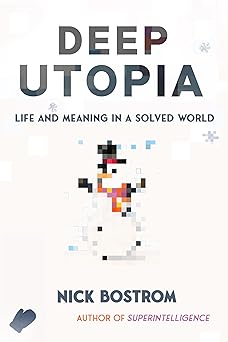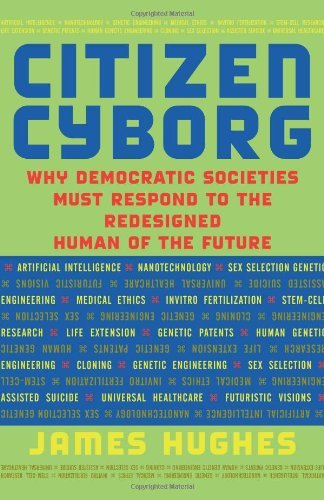
The Revolt Against Humanity: Imagining a Future Without Us
Book Description
What if humanity's greatest creation turns on us? In "The Revolt Against Humanity," Adam Kirsch explores the unsettling possibility of a world thriving without our presence. Delving into the realms of artificial intelligence, environmental collapse, and societal upheaval, this thought-provoking journey forces readers to confront the implications of our relentless pursuit of progress. As machines evolve and ecosystems rebel, the question looms: Can we escape the consequences of our own genius, or is this the dawn of a chilling new era? Buckle in for a gripping exploration of existence and reflection on what it truly means to be alive. What future awaits us if we become mere spectators in our own story?
Quick Book Summary
"The Revolt Against Humanity" by Adam Kirsch is a philosophical exploration of deep trends pointing toward a world where humanity is no longer the central figure. Kirsch examines the unsettling idea that the culmination of scientific and technological progress could eventually result in humans being replaced, either by machines or by a re-wilded ecosystem where our species is absent. Through a mix of contemporary thought, historical context, and provocative questions, the book challenges readers to grapple with the implications of our own ingenuity. As Kirsch delves into doomerism, transhumanism, and the ethics of human extinction, he encourages readers to reflect on what it truly means to be human and whether our continued existence must remain inevitable.
Summary of Key Ideas
Table of Contents
The Rise of Anti-Humanism in Contemporary Thought
The book opens with a diagnosis of anti-humanist ideas gaining traction, tracing how dissatisfaction with humanity’s environmental and social impacts has moved from fringe to mainstream. Kirsch outlines how groups ranging from radical environmentalists to certain futurists are developing visions of a world where humanity is diminished or even absent, and why some intellectual circles now openly question whether our ongoing dominance is for the best.
Technological Progress and the Threat of AI
Kirsch then turns his focus to rapid technological development, particularly artificial intelligence. He surveys thinkers who argue that technology could eventually surpass human intelligence, with machines possibly inheriting the earth. The narrative does not merely speculate about doomsday scenarios, but instead presents them as logical outcomes of humanity's pursuit of progress and efficiency, challenging the reader to consider what we truly value in ourselves if we can be overtaken by our own creations.
Environmental Doomerism and Human Extinction
Environmental doomerism forms another core strand of Kirsch’s analysis. Here, he examines the argument that, given humanity's destructive impact on the planet, our extinction might allow the earth to heal and flourish. Concepts such as voluntary human extinction and deep ecology are explored, raising ethical questions about the value of human life versus the health of the biosphere and whether our sense of stewardship justifies our continued existence.
Transhumanism and the Question of Replacement
The book examines various forms of transhumanism, which promise a merger between human and machine as one kind of post-human future. Some transhumanists see this as humanity’s next evolutionary leap, while others warn of the risk of losing what makes us essentially human. Kirsch presents a nuanced view that shows both the hope and anxiety underlying transhumanist visions, probing whether these transformations solve existential dilemmas or intensify them.
The Ethics and Meaning of Humanity's Existence
Concluding, Kirsch asks readers to reflect on the philosophical and ethical meaning of extinction and survival. He questions whether humanity is a necessary good and explores whether our disappearance would mark a tragedy or simply the next chapter in an indifferent universe. Kirsch provocatively suggests that whatever the future holds, the time is ripe to reconsider what it means to be human—and whether our legacy should be survival at any cost or the thoughtful acceptance of our place in the broader tapestry of existence.
Download This Summary
Get a free PDF of this summary instantly — no email required.





